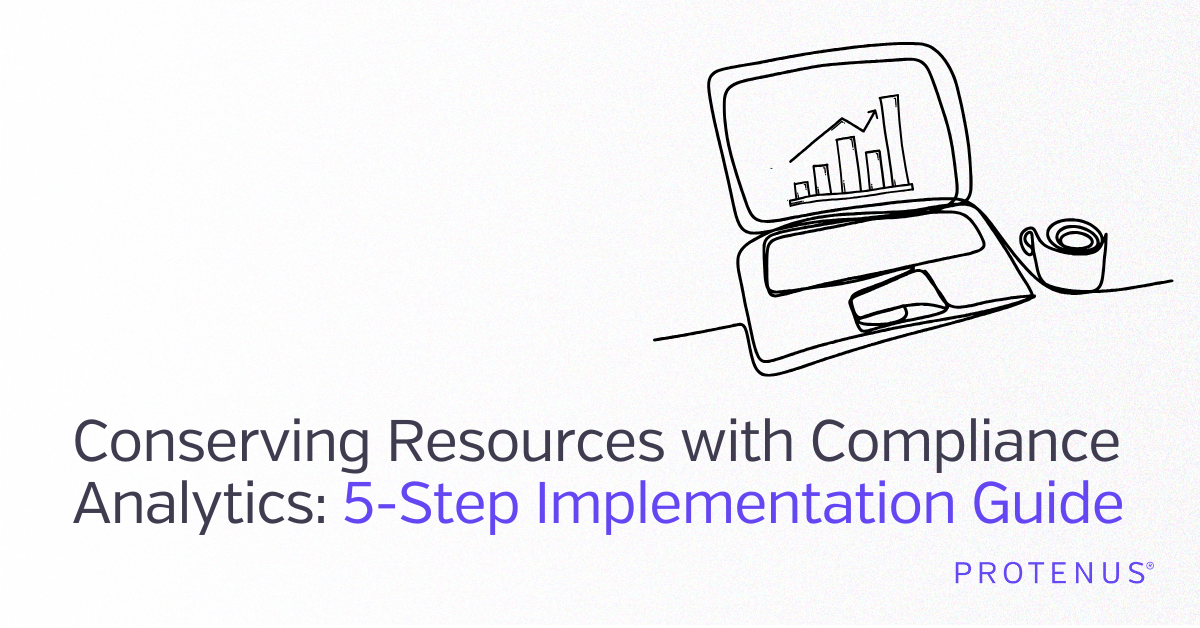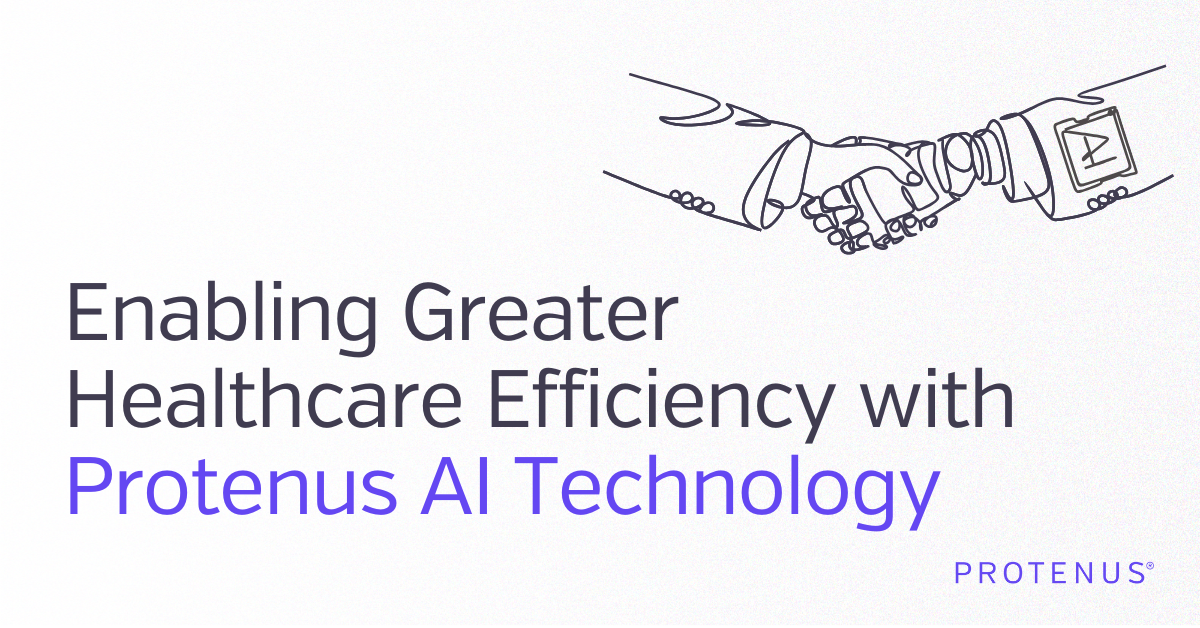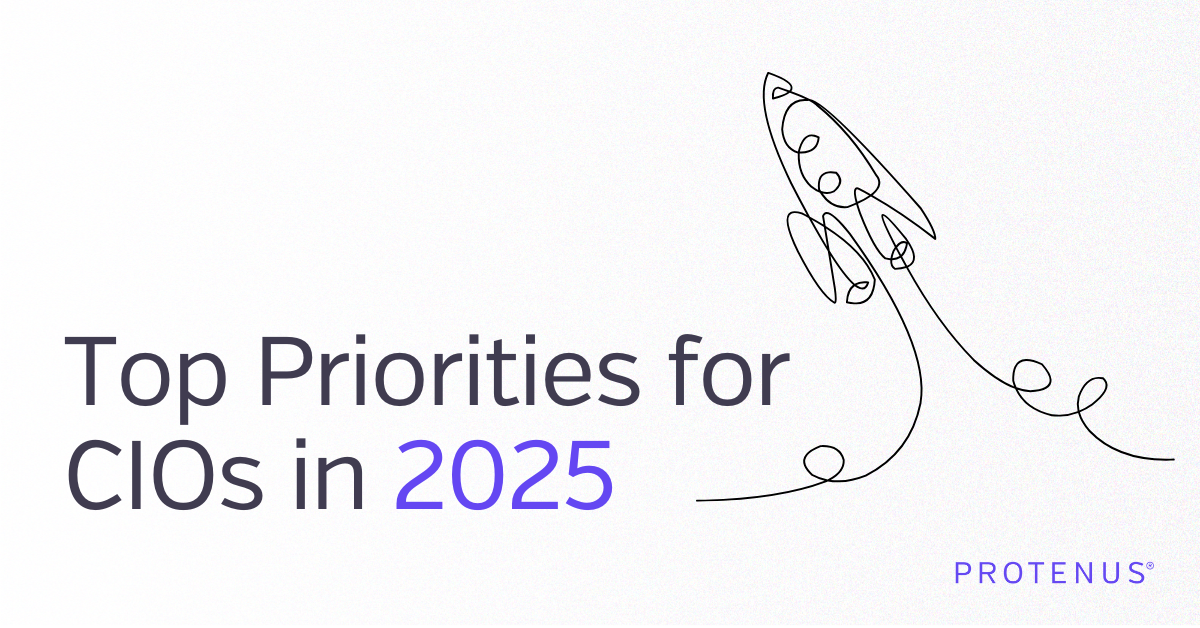Share this

HHS Publishes Revised HIPAA Penalties: What You Need to Know
by Michelle Del Guercio on October 31, 2023
The protection of patient privacy is of utmost importance in the healthcare industry. As technology continues to advance, so do the threats to sensitive medical information. It is crucial for healthcare organizations to stay up-to-date with the latest regulations and penalties surrounding patient privacy breaches. In a significant development, the U.S. Department of Health and Human Services (HHS) has recently published revised HIPAA penalties, bringing about changes that all Chief Information Officers (CIOs), Chief Information Security Officers (CISOs), and Privacy Officers need to be aware of.
Understanding the Revised Penalties
On October 6, 2023, HHS announced its long-expected annual inflation adjustments in the Federal Register. These adjustments come into effect immediately and apply to all penalties assessed by the Office for Civil Rights (OCR) on or after this date. It's important to note that these revised penalties are applicable only if the HIPAA violations occurred on or after November 2, 2015.
The revised penalties reflect an increase from previous years, signifying a heightened emphasis on maintaining patient privacy. It is vital for healthcare organizations to understand these penalty revisions and take appropriate measures to avoid potential non-compliance fees.
The Implications for Healthcare Organizations
The updated HIPAA penalties serve as a reminder that healthcare organizations must prioritize patient privacy and take proactive steps to prevent data breaches. Failing to do so can result in significant financial ramifications and damage their reputation.
To mitigate the risk of patient privacy breaches and subsequent penalties, healthcare organizations should consider incorporating AI-driven technology into their operations. This advanced technology can provide proactive prevention measures and aid in investigating any inappropriate behavior within the organization.
Proactive Prevention Measures
AI-driven tools, such as Protenus Patient Privacy Monitoring, can help identify potential vulnerabilities, including inappropriate behavior, before they are exploited by malicious actors. By continuously monitoring for suspicious activities and analyzing patterns, these tools can provide real-time alerts and recommendations to IT and privacy compliance teams, enabling them to take immediate action and prevent data breaches.
Investigation of Inappropriate Behavior
In cases where a breach does occur, AI-powered technology can assist in conducting thorough investigations. This proactive approach not only helps to minimize the risk of penalties but also protects patient trust and loyalty.
The Importance of Compliance
Compliance with HIPAA regulations is not just a legal obligation; it is essential for maintaining patient trust and ensuring the integrity of healthcare systems. The revised penalties underscore the significance placed on safeguarding patient privacy and should serve as a wake-up call for healthcare organizations.
By implementing robust security measures, regularly training employees on your privacy policies that include HIPAA compliance, and leveraging AI-driven patient privacy monitoring technology solutions, healthcare organizations can demonstrate their commitment to protecting patient privacy and reduce the likelihood of non-compliance penalties.
Conclusion: Protecting Patient Privacy in an Evolving Landscape
As technology continues to advance at an unprecedented rate, it is crucial for healthcare organizations to stay ahead of potential threats to patient privacy. The recently revised HIPAA penalties emphasize the importance of proactive prevention and investigation measures within healthcare systems.
CIOs, CISOs, and Privacy Officers play a critical role in ensuring compliance with HIPAA regulations. By integrating AI-driven patient privacy monitoring solutions into their operations and prioritizing employee training on privacy best practices, healthcare organizations can effectively protect patient information while reducing the risk of penalties.
Remember, compliance with HIPAA regulations is not just about avoiding financial penalties; it is about safeguarding patient trust and upholding ethical standards within the healthcare industry. Together, we can navigate this ever-evolving landscape while keeping patient privacy at the forefront.
Share this
- December 1, 2024 (3)
- November 1, 2024 (1)
- October 1, 2024 (2)
- September 1, 2024 (1)
- August 1, 2024 (1)
- July 1, 2024 (1)
- June 1, 2024 (1)
- May 1, 2024 (1)
- March 1, 2024 (2)
- February 1, 2024 (3)
- January 1, 2024 (1)
- December 1, 2023 (1)
- November 1, 2023 (3)
- October 1, 2023 (3)
- September 1, 2023 (1)
- August 1, 2023 (1)
- July 1, 2023 (2)
- April 1, 2023 (1)
- March 1, 2023 (1)
- February 1, 2023 (1)
- December 1, 2022 (3)
- November 1, 2022 (3)
- October 1, 2022 (1)
- September 1, 2022 (1)
- August 1, 2022 (2)
- June 1, 2022 (4)
- May 1, 2022 (5)
- April 1, 2022 (1)
- March 1, 2022 (4)
- February 1, 2022 (3)
- November 1, 2021 (2)
- October 1, 2021 (3)
- September 1, 2021 (3)
- August 1, 2021 (3)
- July 1, 2021 (4)
- June 1, 2021 (2)
- May 1, 2021 (2)
- April 1, 2021 (2)
- March 1, 2021 (5)
- February 1, 2021 (1)
- January 1, 2021 (1)
- December 1, 2020 (1)
- November 1, 2020 (2)
- October 1, 2020 (2)
- September 1, 2020 (3)
- August 1, 2020 (2)
- July 1, 2020 (2)
- June 1, 2020 (6)
- May 1, 2020 (3)
- April 1, 2020 (4)
- March 1, 2020 (2)
- February 1, 2020 (4)
- January 1, 2020 (2)
- December 1, 2019 (2)
- November 1, 2019 (1)
- October 1, 2019 (1)
- September 1, 2019 (1)
- August 1, 2019 (1)
- June 1, 2019 (1)
- April 1, 2019 (1)
- February 1, 2019 (1)
- January 1, 2019 (1)
- December 1, 2018 (2)
- November 1, 2018 (2)
- October 1, 2018 (2)
- September 1, 2018 (3)
- August 1, 2018 (1)
- July 1, 2018 (2)
- June 1, 2018 (2)
- May 1, 2018 (1)
- April 1, 2018 (1)
- March 1, 2018 (2)
- February 1, 2018 (6)
- January 1, 2018 (2)
- September 1, 2017 (2)
- August 1, 2017 (2)
- June 1, 2017 (2)
- May 1, 2017 (1)
- April 1, 2017 (1)
- March 1, 2017 (2)
- February 1, 2017 (5)
- January 1, 2017 (2)
- December 1, 2016 (3)
- November 1, 2016 (5)
- October 1, 2016 (4)
- September 1, 2016 (8)
- August 1, 2016 (4)
- July 1, 2016 (4)
Subscribe by email
You May Also Like

Conserving Resources with Compliance Analytics: A 5-Step Implementation Guide

Enabling Greater Healthcare Efficiency with Protenus AI Technology


